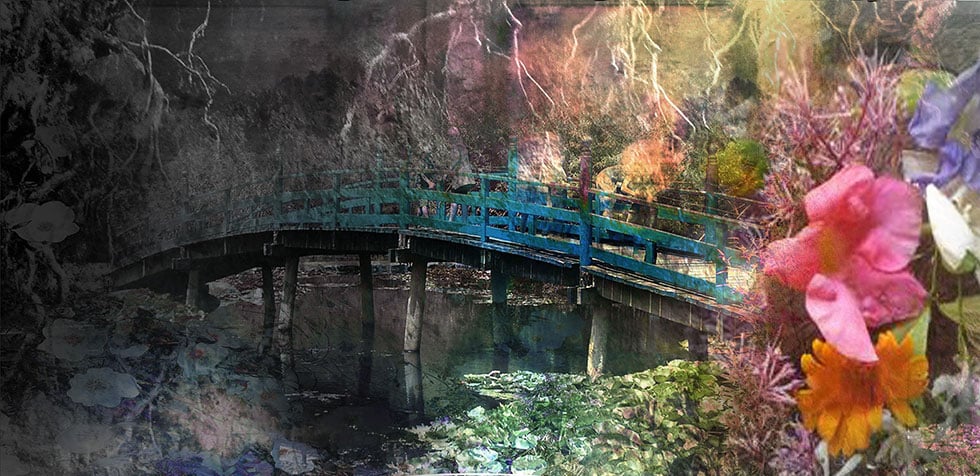
When people ask me what ayahuasca is like, I try and offer the simplest metaphor I’ve found to be true in my experience – a really big, really shiny mirror. Ayahuasca reflects life back to you, often in ways you’ve never seen before, if you are willing to look. In this way, it imitates life – condensed, and at high speed. It affords us the perspectives which can typically take years to unfold. It can be painful, it can be difficult; but sometimes, at the end, we discover a sense of clarity, the likes of which we may be experiencing for the first time in our lives. The gift in seeing the full picture like this is, for many, a much clearer understanding of how to move forward.
This pandemic, global lockdown, and disruption to the status quo is a difficult moment for us all. Individual and collective pain, trauma, challenges – chaos. So many emotions coming to the surface, vacillating across the whole spectrum: anger, fear, despair, sadness, contemplation, compassion. Condensing the feelings of years into the span of weeks.
Collectively, this feels like a reckoning. A mirror. Reflecting and magnifying facets of the larger picture. What seeds did we plant in the last decade which are showing up now? Is their fruit enough to feed us all, or do we need to plant differently for this next one?
We’ve now isolated ourselves physically through social distancing, but is this merely the external manifestation of what we’ve been doing for the last several years?
Many of us feel this, deep down. Before this pandemic struck, we as a society have been simultaneously more connected, and yet somehow more disconnected, than ever before. For a simple example (there are so many), we need look no further than the phones in our pockets: the technological miracle of the internet, and social media – the ultimate ‘virtual connector’ – often leads to connecting even less with the people right in front of us, and in many ways, creates another mask; another layer of separation.
For another example, many young people from my generation have been told that happiness and fulfillment are right on the other side of college, a corporate job, and a white picket fence. And yet, when I got there, I realized that instead of meaning and purpose, what I experienced was anxiety, depression, and massive, soul-crushing debt with no clear way out.
The “golden promise,” for me as it has been for so many others, was a lie. My corporate coworkers and I joked (in a way that was half joke, half coping mechanism) that it had instead become “golden handcuffs.”
For others, this disconnect can take the form of a seemingly ‘modern’ society still hopelessly trapped in systems of oppression. Or, as many Americans are experiencing now, severe economic inequality, with so many falling through the holes in our safety net, in what is loudly proclaimed as ‘one of the richest nations in the world.’
When the formulas and societal structures we’ve been told should work, don’t, there is a fundamental disconnect. For me, it was a deep feeling of alone-ness.
They told me it should work like this, and yet I felt completely lost, and unfulfilled – was there something wrong with me? Was I simply just not good enough? Did I fail at doing it right?
As I started to look in the mirror and recognize these gaps within myself, I also had the chance to talk to many people who came through Soltara who felt a similar disconnect. I realized I wasn’t, in fact, alone in this.
This cognitive dissonance has been tearing us apart. It’s created this massive void within us, and all the prescriptions that our modern world has recommended seem to fall short. Following the steps society has laid out doesn’t reliably get us across it; external metrics of achievement don’t seem to fill it; consuming or accumulating more material things doesn’t seem to fill it; and when we try to escape it by numbing ourselves with the cornucopia of distractions and coping mechanisms available to us, it just gets worse.
Technically speaking, modern life should be easier, and more abundant, than ever. Yet stress, anxiety, depression, and economic inequality (among others) have been at all-time highs around the world, even before COVID-19 brought so much more of this to the surface.
And as within, so without. This unprecedented global digital connectivity has brought to light just how disconnected a country’s people are from those in power who claim to serve them. This has become so obvious that 2019 (seems like 10 years ago now, doesn’t it?) was considered by journalists and academics as the year of the Global Protest Wave, bearing witness to street protests “from Paris and La Paz to Prague and Port-au-Prince, Beirut to Bogota and Berlin, Catalonia to Cairo, and in Hong Kong, Harare, Santiago, Sydney, Seoul, Quito, Jakarta, Tehran, Algiers, Baghdad, Budapest, London, New Delhi, Manila, and even Moscow.” (New Yorker).
Across the geopolitical stage, tensions have been rising for quite some time, and the year from 2019 to 2020 has appeared to move things from a simmer to a boil.
I’m no expert in socioeconomics, but this cognitive dissonance seems to be a pervasive theme across class, economics, government, ethnicity, technology, employment, healthcare, and our own individual pursuits of happiness, meaning, and purpose.
This crisis has only made these gaps that much more apparent, condensing what could have taken many more years to see into mere months.
To heal the world we need to start bridging these gaps, within and without.
As a middle child, caught between my parents’ divorce, I’ve had an ability and desire to see both sides of things since I was a kid. More recently, coming from an engineering and scientific background into the world of plant medicine, my sense that there are bridges that need building has been further reinforced.
Bridge-building has since become the north star in my personal and professional life. And in trying to make sense of what’s happening now, this north star appears that much more important as this crisis transitions us from one decade to the next.
The quarantine has afforded me a bit more space to work on my book, which is about my exploration into how we might bridge some of the gaps in our approach to healing – mind and body, science and spirituality, Western medicine and tradition.
If there’s anything I’ve learned from the psychedelic renaissance, it’s that people are yearning for a different approach to healing. While the miracles of Western medicine speak for themselves, when this approach falls short, it deeply affects those who depend on it. In so many of these instances, there are perhaps alternative modalities that present answers where Western medicine has none.
I think the recent boom in Westerners seeking out traditional plant medicine, and the psychedelic renaissance, mirrors our collective yearning to bridge those gaps in our approach to healing, and to connect more fully to ourselves; and even onto something greater than ourselves.
This feels like the way forward.
Building bridges.
Seeing multiple perspectives, and the larger picture.
Connecting.
Integrating.
Right now we are collectively staring into the abyss – and to paraphrase Nietzsche, it is staring back. Everything we’ve constructed to form the foundation of our realities, our systems, our meaning that we draw from life, is being called into question.
Do these things really serve us? Have they really been serving us?
We are staring into the unknown like never before and all of a sudden, we are unsure whether what we’ve been constructing as a society is made of bricks, or cards.
This is a chance for us to come together as a global community and decide what we want to build.
Like an ayahuasca ceremony, this crisis is a mirror, and we can’t unsee what we’ve seen. It’s exposing our flaws, our disconnection from ourselves, each other, and the world. It’s uncomfortable. It’s also showing us a way forward.
And like an ayahuasca ceremony, the challenges we’re facing now are a condensed version of what we’ve been facing for years. For many, it was just too spread out for us to see clearly. Now it’s crystal – painfully so.
How we approach these next few months; how we start to reconcile the cognitive dissonance that underwrites this era; how we integrate what we’re seeing and act accordingly; will set the tone for the next decade.
Will we shy away from our reflection in this really big, really shiny mirror? Or will we take this opportunity to bridge the gaps we see?
Certainly for myself I feel a heaviness most days. But between the waves of spontaneous tears there are waves of gratitude for the bright moments, the times where community triumphs over divisiveness, where small acts of kindness become heroic deeds for the magnitude of hope they bring. These are the seeds I wish to tend and sow, water and nurture – to bear the fruit that will nourish us all.
____________
Image Credit: www.mysticalchemyarts.com



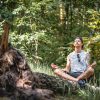


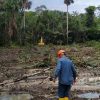
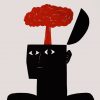
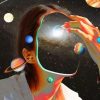
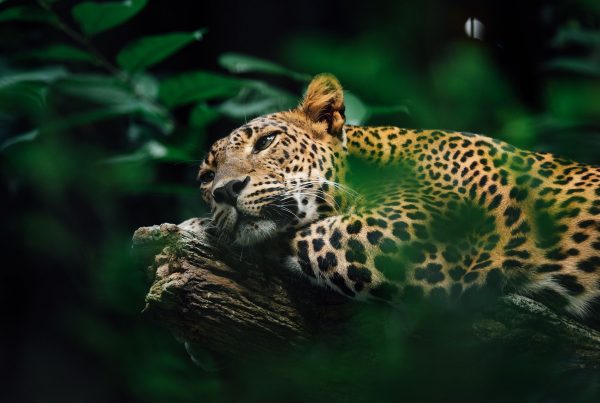
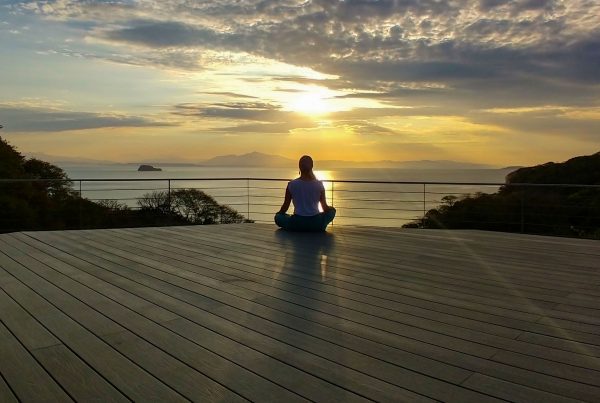
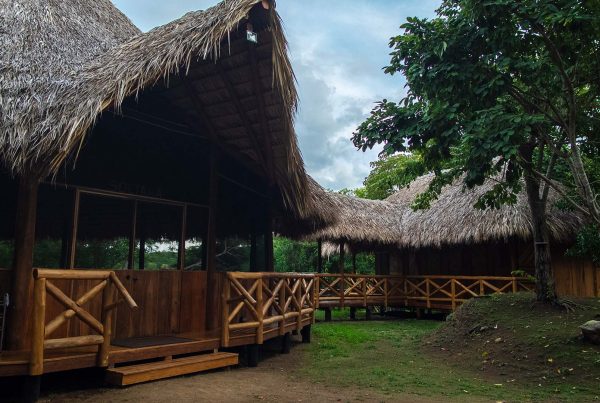


You do have a fabulous blog thanks.
I think this is one of the most vital info for me.
And i am glad reading your article. But should remark on few
general things, The website style is ideal, the articles is really excellent : D.
Good job, cheers
Keep on working, great job!
Valuable info. Lucky me I discovered your site by accident, and I am stunned why this coincidence didn’t happened earlier!
I bookmarked it.
Wow, this article is nice, my sister is analyzing such things, thus I am going to inform her.
You are so awesome! I do not believe I’ve truly read something like that before.
So wonderful to find somebody with unique thoughts on this
subject matter. Really.. thanks for starting this up.
This site is something that is needed on the web, someone with some originality!